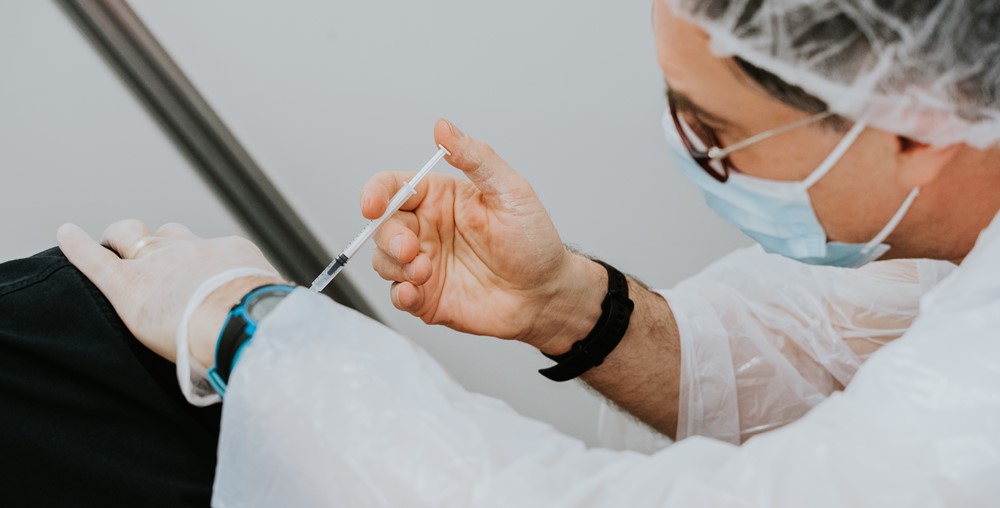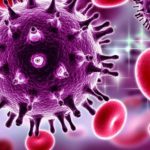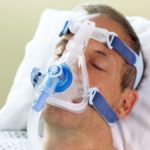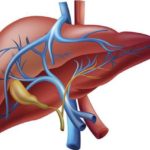How does vaccination work?
Vaccination is a method of providing protection against certain diseases. This is achieved by promoting immunity against a particular disease. This occurs due to an increase in the level of antibodies against the disease.
What is immunity?
Immunity or resistance against disease is called specific immunity. It can be acquired naturally or artificially by either active or passive immunization.
Active immunity
Active immunity develops when we are exposed to antigens against which our body forms antibodies that fight against the disease. The antigen is defined as any substance that stimulates an immune response. (Ex: proteins on the surface of bacteria, pollens, and toxins). The antibodies are proteins produced in response to a particular antigen. Each antibody is specific for a particular antigen or a disease. Active immunity can be acquired naturally or artificially.
Naturally acquired active immunity develops on the occurrence of a minor or clinical infection, which results in a protective immune response against future exposure to that pathogenic agent. On the other hand, an artificially acquired active immunity is induced by the administration of vaccines containing live or dead pathogenic agents or their antigenic components.
Types of vaccines
Vaccines can be administered orally, intranasally, or by injection. There are two basic types of vaccines:
- Live vaccines: They are produced by attenuating or modifying a disease-causing agent (bacteria or virus), which retains its ability to stimulate the immune system but does not cause a disease. It results in the production of specific antibodies without any deterioration of health. In some cases, mild fever may occur, but it subsides spontaneously or with medication. The immunity thus acquired remains for a long term.
- Inactivated vaccines: These vaccines contain completely inactive viruses or bacteria or their antigenic components. Since their antigenic stimulus is weaker than live vaccines, they require multiple doses to produce adequate immunity. Later, booster doses are required to maintain the level of immunity.
Passive immunity
Passive immunity occurs by acquiring pre-formed antibodies against a particular antigen or disease-causing agent. The antibodies are not actively made by the immune system. This is achieved by the transfer of serum or gamma globulins from an already immune donor to a non-immune individual. Sometimes, immune cells from an immunized individual may be used to transfer immunity. The advantage is that the person is immediately immune to that particular disease, without having to wait for the immune system to develop antibodies which takes a few weeks to form. The disadvantage is that passive immunity lasts for a short duration. That is why, in some conditions like a high-risk dog bite, both active and passive immunity is offered. This allows active immunity to develop during which time, protection is provided by passive immunity.
Passive immunity may also be acquired naturally or artificially. A fetus acquires passive immunity by placental transfer of immunoglobulin G and the newborn gets immunoglobulin A from the maternal milk produced initially called colostrum. Passive immunity is artificially transferred by injecting immune globulins or gamma globulins. This is especially useful in certain diseases like diphtheria, tetanus, measles, and rabies.
Examples of different types of vaccines
- Live vaccines
- Viral: measles vaccine, mumps vaccine, rubella vaccine, chickenpox vaccine, oral polio vaccine, yellow fever vaccine
- Bacterial: BCG vaccine, typhoid vaccine
- Inactivated whole-cell vaccines
- Viral: polio, hepatitis A, rabies, influenza
- Bacterial: pertussis, cholera, typhoid, plaque
- Inactivated fractional vaccines
- Hepatitis B, influenza, pertussis, HPV, diphtheria, tetanus
Vaccination is a strategy for protection against many diseases. It is essential and to a certain extent compulsory to immunize children. Vaccination schedules are followed in different countries depending on the prevalent diseases. WHO and other health agencies provide guidelines. A health card is maintained for each individual which indicates the name of the vaccine and the date on which it was taken. A vaccination schedule should be followed to lead a healthy life.




























